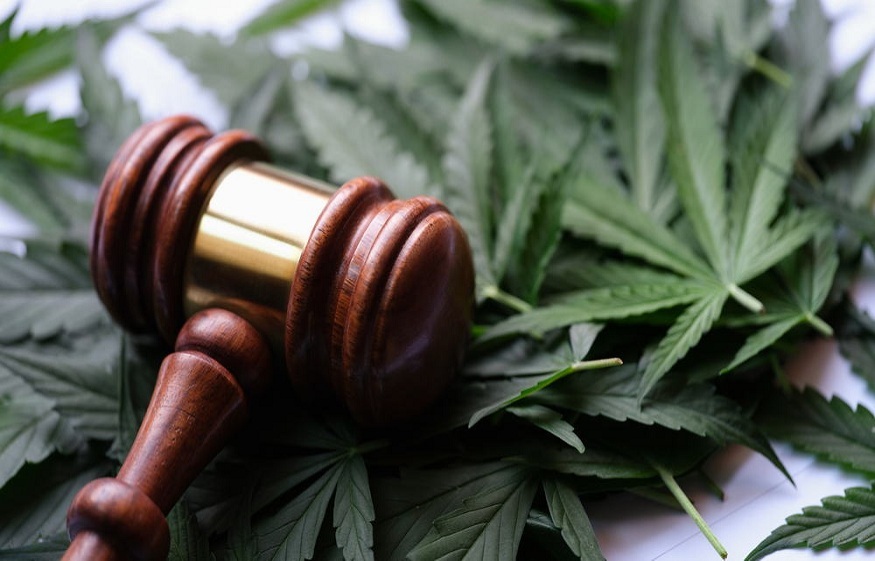Cannabis Legalization Isn’t the Panacea It’s Often Portrayed As

It happens all the time. People involved in contentious debates justify their positions with generalized statements that do not hold true when details are discussed. Take the pro-cannabis movement. Legalization is not the panacea it is often portrayed as. If you doubt that just ask Oklahoma law enforcement officials who are now dealing with a rash of criminal activity related to thousands of illegally obtained grower’s licenses.
One of the common arguments in favor of cannabis legalization is that it will cut down on illegal activity. As the thinking goes, legalization eliminates the incentive for dealing in illegal marijuana. But as Oklahoma and so many other states are finding out the hard way, that’s not how it works. Reality is the opposite of conventional thinking.
Unlicensed Operators in OK
Tulsa World reports that officials from the Bureau of Narcotics and Dangerous Drugs (OBNDD) is currently looking into as many as 2,000 illegally obtained marijuana licenses potentially linked to a wave of criminal activity in the state. Any operator with an illegally obtained license is actually unlicensed under Oklahoma law.
Official say that it’s possible not all of the 2,000 licenses now being investigated were obtained illegally. But even some of those obtained legally could be linked to crime. Law enforcement says that producers could be using their licenses to supply the illicit market.
OBNDD investigators suspect that the operators they are currently investing are selling most, if not all, of their products on the black market. Any illegally obtained licenses among those operators are merely cover for illicit activity.
Even worse, investigators say that the 2022 murders a four people on an Oklahoma marijuana farm are not an isolated incident. They are part of a larger and growing pattern of marijuana crimes fueled by a thriving black market in the state.
Damaging the Legal Market
Rather than putting the kibosh on illicit marijuana production and distribution, legalization actually encourages it. How so? By encouraging people to purchase their marijuana from cheaper black market sources. Legalization gives people an excuse to buy. But given the choice between cheap black market product and more expensive legal product, the new wave of consumers is more likely to choose the former.
This type of situation is a double-edged sword. Not only does the black market thrive, but legal operators also struggle to keep their businesses going. One OBNDD official interviewed by Tulsa World said that legal operators in Oklahoma are “bleeding to death” due to competition from black market sellers.
A Problem Everywhere
The black market continues to be a problem everywhere. In fairness though, some states seem to have a bigger problem than others. Oklahoma finds itself in big trouble despite having issued thousands of licenses to growers, processors, and dispensaries.
Meanwhile, Utah has been considerably more circumspect. According to Beehive Farmacy, a medical cannabis pharmacy in Utah, the state has only issued fifteen pharmacy licenses (at the time of this writing). The number of licenses issued to growers and processors is limited as well.
Utah still has a black market problem, but it doesn’t seem to be as severe as Oklahoma’s. Is that due to their stricter regulations? One could make that case. There definitely seems to be a link. Whether or not that link equals cause and effect is a matter debate.
At any rate, legalizing marijuana doesn’t seem to reduce criminal activity related to it. Legalization might even encourage more crime. Perhaps marijuana should be decriminalized at the federal level. But that doesn’t mean doing so would lead to sunshine and roses. Even decriminalization comes with its problems. Ignoring them is intellectually dishonest.






